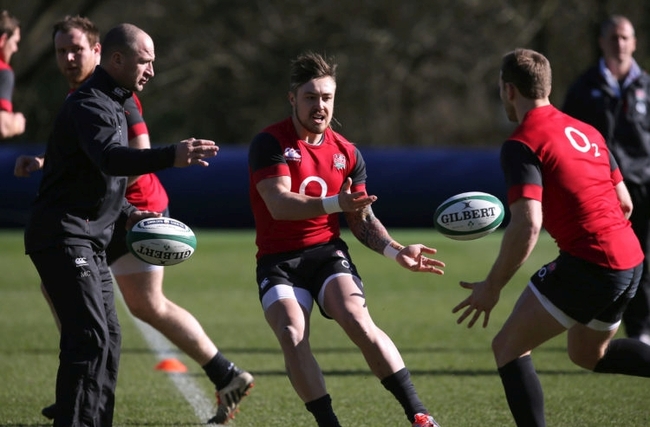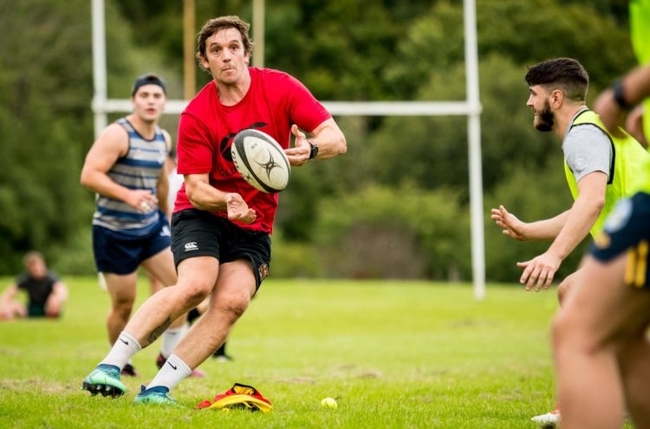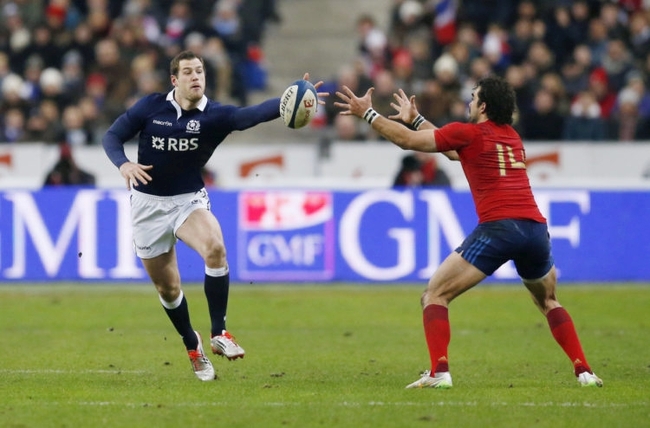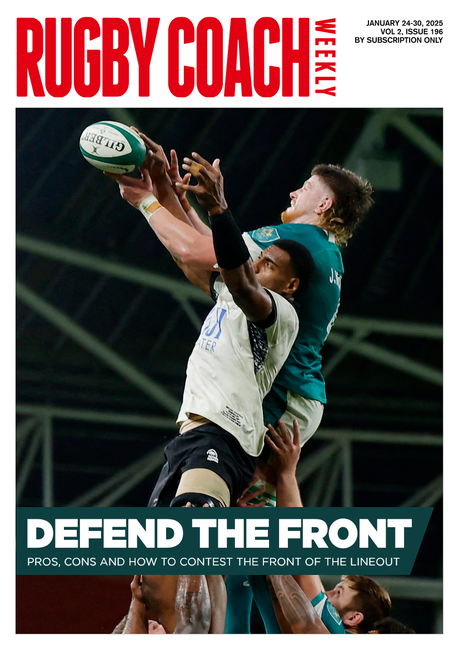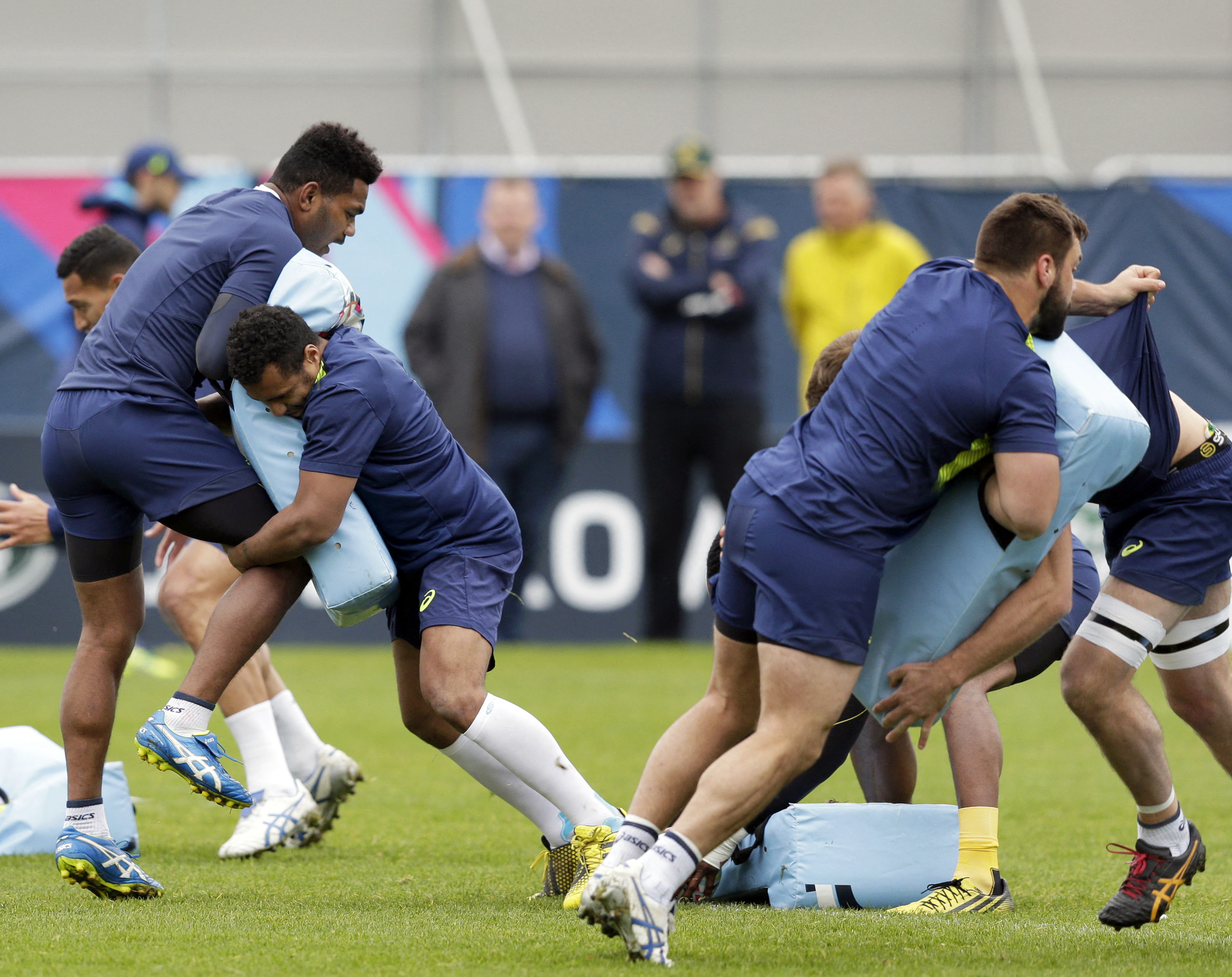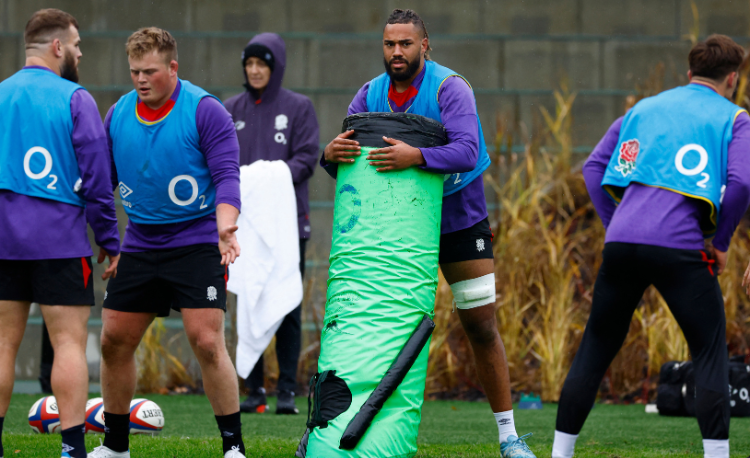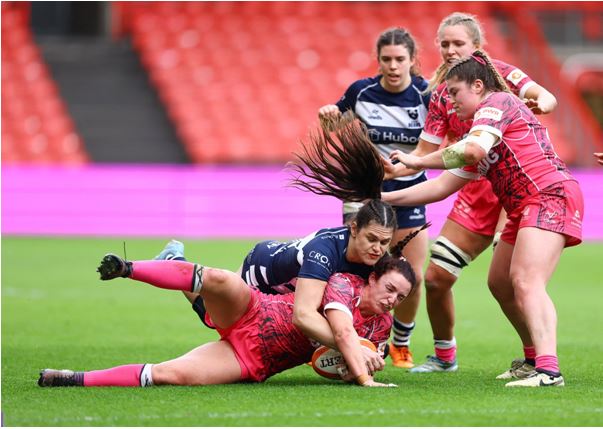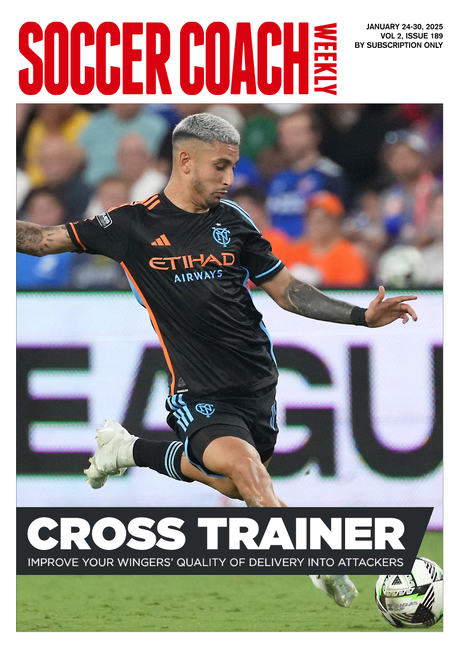Great player post match questions for Ready 4 Rugby
Use these questions to support planning and reflection in your players after they have played in a Ready 4 Rugby match.
Below each question, I add some of the possible answers and follow up questions. Of course, the players may come up with even better thoughts.
THE QUESTIONS
- What was your individual highlight for yourself? What was your highlight of someone else?
- What decisions did you think you made that were effective and why irrespective of outcome?
- How will you develop your performance moving forward? How can you utilise your reflections from this game to work with other players to improve them and yourself?
- Why do you think your team achieved the things it did successfully? Why do you think you achieved the things you did successfully?
What was your individual highlight for yourself?
What was your highlight of someone else?

Asking players to notice the positive aspects about their own game and someone else’s may not come naturally to people. These are questions I would consistently utilise to allow them lots of practise.
Also, the players should approach the session knowing they will be asked these questions at the end. It is better to be prepared to answer so you can start framing your answers.
Peer feedback is a huge boost to confidence. It means the players are not constantly looking to you as the coach for feedback or affirmation.
What decisions did you think you made that were effective and why irrespective of outcome?
Prompting players to review their own decision-making process irrespective of the outcome helps them understand a process can be well thought out and executed even if the outcome was not desirable.
An example of this may be a kick from a player over the top for another player to catch. That may be the best space, it may be well communicated, the player may execute the kick fantastically. However, the catching player might just not get there and the opposition may scoop up the ball and end up scoring.
Was it a poor decision? I’d always argue no.
Reflecting with that player so they recognise it was a well thought out and well-executed decision will benefit them and ensure they maintain the courage to keep making decisions as well as recognising what factors lie outside of their control.
How will you develop your performance moving forward?
How can you utilise your reflections from this game to work with other players to improve them and yourself?

Building actions from both these type of reflective questions ensures that the process is not just one of reflecting for the sake of reflecting.
Whether you establish specific outcomes from your reflections or it just informs further thinking is most likely down to the individual and their understanding and experience.
Neither is more important than the other. If a player is new to the act of reflection then some form of record-keeping could be very beneficial to ensure the thoughts or actions are not lost and can be revisited.
This doesn’t have to be too onerous, and should suit the player’s needs. Some players will love to write or note down their reflections. Others will be worried or simply find it a chore which will reduce their enjoyment of the games.
Ask the players what they want, after outlining the benefits.
Why do you think your team achieved the things it did successfully? Why do you think you achieved the things you did successfully?
Once again these reflective questions focus on the success of the team or individual.
We have a natural tendency to drift towards negativity so ensuring the players focus first on positives goes some way to correcting this balance.
You may link these successes to those that were listed by the players if they answered the ’What was your individual highlight for yourself? What was your highlight of someone else?’ questions as these would have now been recognised both their peers and the individual players as being a marker of success. This would hopefully develop confidence and also grow the player’s picture of what success may look like in a game without the direct input of a coach.
A coach will always have an opinion of what they deem to be a success but that doesn’t always mean it is the only one that should be used. With younger players, the position of power of a coach often means that coach’s view holds too much sway.
Looking to address this imbalance and have the players increase the promotion of their own views of success across the squad can then lead to a far more rounded perspective and agreed understanding.
Check out all the questions and discussion in the following posts:
Newsletter Sign Up
Coaches Testimonials

Gerald Kearney, Downtown Las Vegas Soccer Club

Paul Butler, Florida, USA

Rick Shields, Springboro, USA

Tony Green, Pierrefonds Titans, Quebec, Canada
Subscribe Today
Be a more effective, more successful rugby coach
In a recent survey 89% of subscribers said Rugby Coach Weekly makes them more confident, 91% said Rugby Coach Weekly makes them a more effective coach and 93% said Rugby Coach Weekly makes them more inspired.
Get Weekly Inspiration
All the latest techniques and approaches
Rugby Coach Weekly offers proven and easy to use rugby drills, coaching sessions, practice plans, small-sided games, warm-ups, training tips and advice.
We've been at the cutting edge of rugby coaching since we launched in 2005, creating resources for the grassroots youth coach, following best practice from around the world and insights from the professional game.
